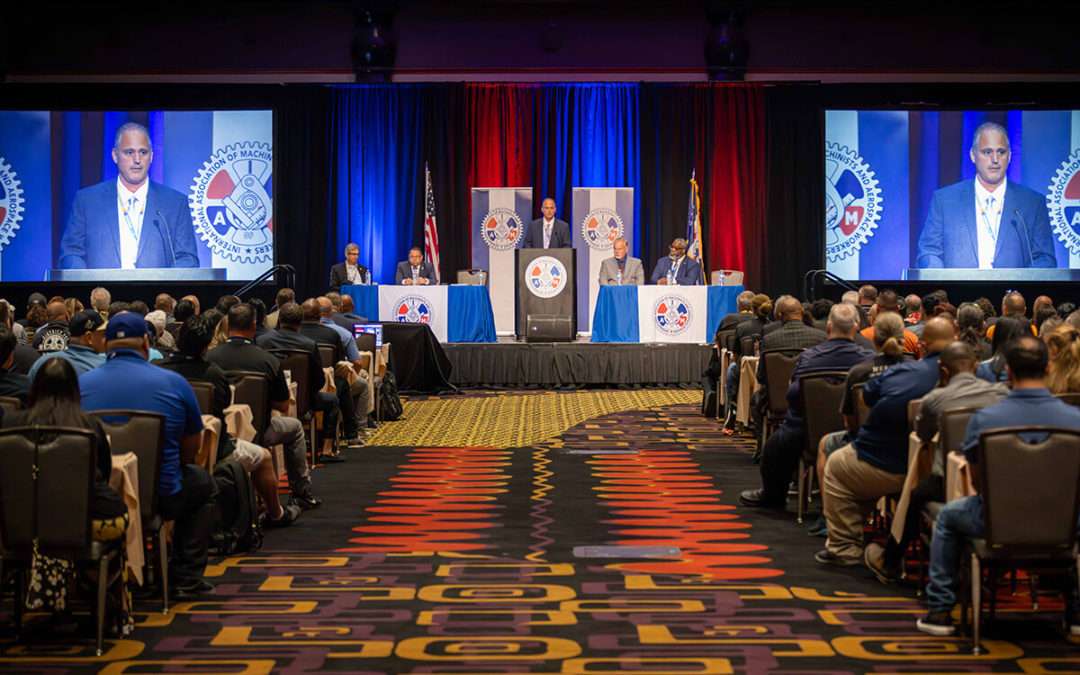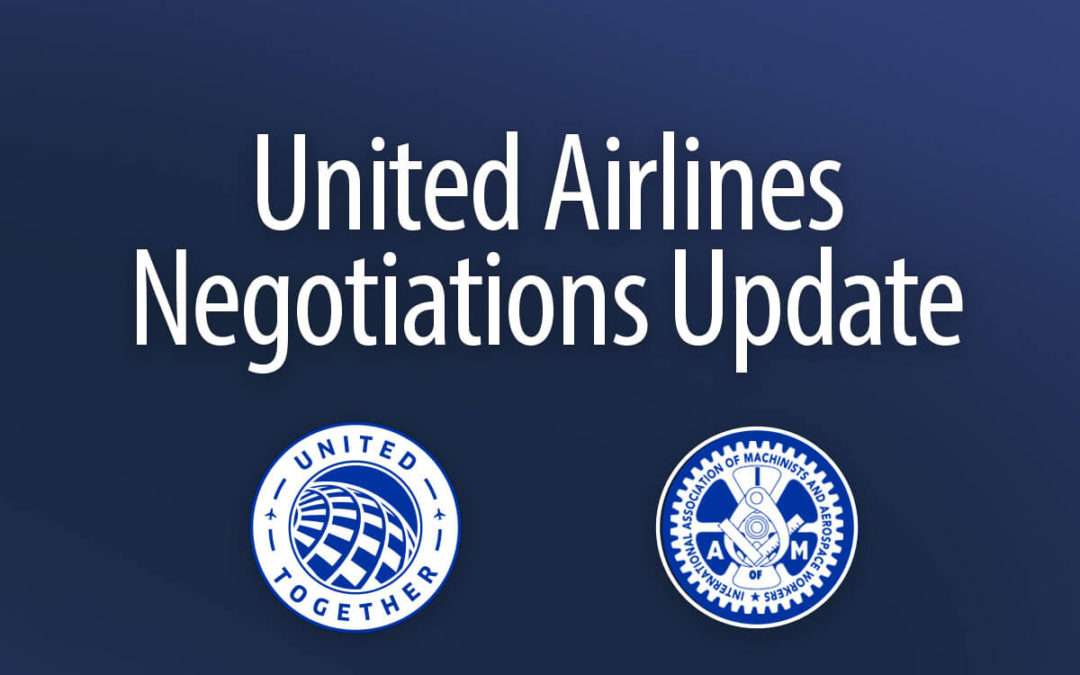
by Eric Price | Jun 18, 2024 | Featured, Featured News, Front Page, JetBlue, Other News, Recent News, Row 2
Emirates Hit with $1.8 Million Fine for JetBlue Code Share Flights Emirates Hit with $1.8 Million Fine for JetBlue Code Share Flights IAM141.org 18 June 2024 WASHINGTON – The USDOT has fined Emirates Airlines $1.8 million for flying through prohibited airspace...

by Eric Price | Jun 11, 2024 | Featured, Featured News, Front Page, MNPL, Perusals, Recent News, Recent News, Row 2
Unified Airline Workers Gather in Nevada Unified Airline Workers Gather in Nevada IAM141.org 11 June 2024 LAS VEGAS – The 2024 Machinists Union District 141 Committee Conference kicked off today in Las Vegas, bringing together over 200 union activists, leaders,...

by Eric Price | May 28, 2024 | Featured, Featured News, Front Page, Other News, Perusals, Recent News, Recent News, Row 2
United Contract Negotiations Update 29 May 2024 Dear Sisters and Brothers, Last week, we met with United Airlines to set logistics, protocols, and scheduling for our upcoming contract negotiations. Our members have been clear. We are overdue for a comprehensive...

by Eric Price | May 26, 2024 | Featured, Featured News, Front Page, Other News, Recent News, Recent News, Row 2
Honoring Their Sacrifice Honoring Their Sacrifice IAM141.org 26 May 2024 Dear IAM Family, This weekend, we remember those who have given their lives for our freedoms. For more than 136 years, IAM members have been integral parts of our communities. They have...

by Eric Price | May 16, 2024 | Featured, Featured News, Front Page, MNPL, Perusals, Recent News, Recent News, Row 2
Machinists Union Applauds the Passage of the FAA Reauthorization Bill Machinists Union Applauds the Passage of the FAA Reauthorization Bill IAM141.org 16 May 2024 WASHINGTON — The Securing Growth and Robust Leadership in American Aviation Act, H.R. 3935, reauthorizes...

by Eric Price | May 6, 2024 | Featured, Featured News, Front Page, Other News, Perusals, Recent News, Row 2, United
Union Members at O’Hare Walk Out on Kirby; Sick and Tired of the Same Old Lip Service 7 May 2024 United Airlines is no longer the airline it was under Oscar Muñoz. From 2015 to 2020, this company respected its employees, and, in return, those workers gave the...







